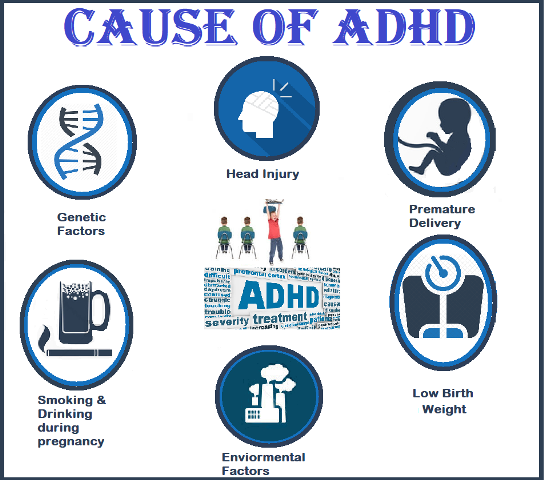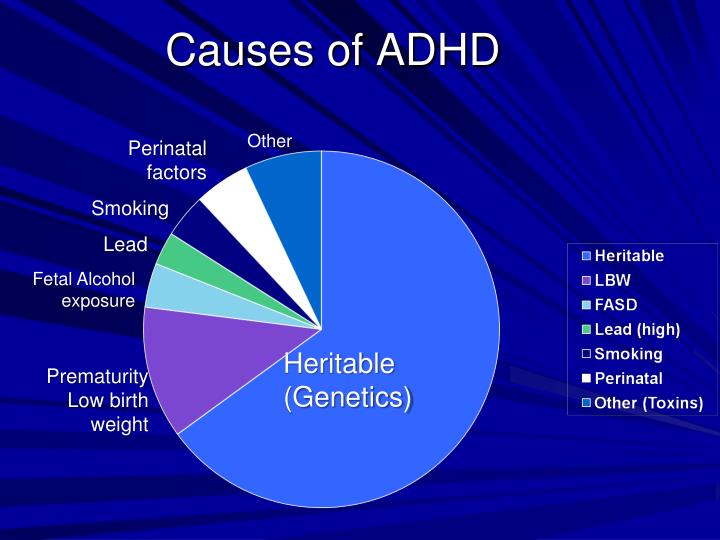What Exactly Causes Adhd
Attention Deficit Hyperactivity Disorder (ADHD) is a neurobehavioral disorder that affects both children and adults. ADHD is characterized by impulsiveness, hyperactivity, and difficulty focusing on tasks. While there is no known cure for ADHD, there are various treatment options available to manage the symptoms and improve quality of life. In this article, we will explore the causes, symptoms, and treatment options for ADHD.
Causes of ADHD

The exact cause of ADHD is unknown, but researchers and medical professionals have identified several potential factors that may contribute to the development of the disorder. Genetic factors may play a role in ADHD, as studies have shown that the disorder can be inherited in families. Additionally, certain environmental factors such as exposure to toxins or prenatal alcohol or drug use may increase the risk of developing ADHD. Brain development and function may also be a factor, as studies have shown that individuals with ADHD often have differences in brain structures and neurotransmitter activity.
Symptoms of ADHD
The symptoms of ADHD vary from person to person, and may present differently in adults and children. Common symptoms of ADHD include hyperactivity, impulsiveness, and difficulty focusing or paying attention. Symptoms may manifest in different ways, such as restlessness, fidgeting, interrupting others, forgetfulness, and disorganization. The severity of symptoms also varies, with some individuals experiencing mild symptoms that do not interfere with daily life, while others experience severe symptoms that significantly impact their ability to function.
Treatment Options for ADHD

There are a variety of treatment options available for individuals with ADHD. The most common treatment approaches include medication, therapy, and lifestyle changes. Medications such as stimulants and non-stimulants can help manage the symptoms of ADHD by improving focus, reducing impulsiveness and hyperactivity, and promoting overall self-control. Therapy, such as cognitive-behavioral therapy or psychotherapy, can help individuals with ADHD develop coping skills and manage their symptoms. Additionally, lifestyle changes such as regular exercise, a healthy diet, and routine sleep habits can help improve overall health and reduce ADHD symptoms.
Overall, living with ADHD can be challenging, but with proper treatment and support, individuals with ADHD can lead fulfilling and successful lives. It is important to work closely with a healthcare professional to determine the best treatment approach for managing ADHD symptoms and improving overall quality of life.